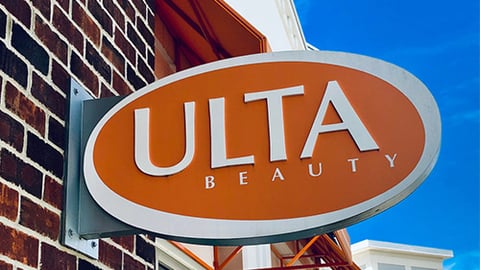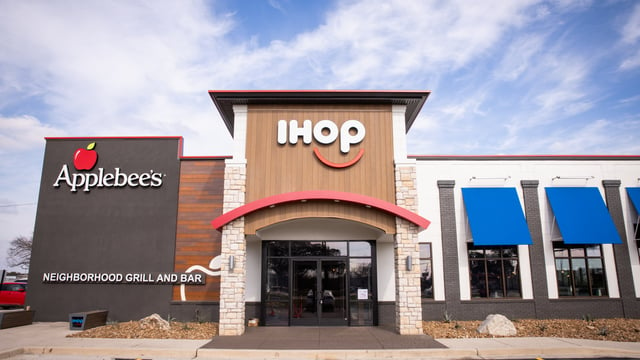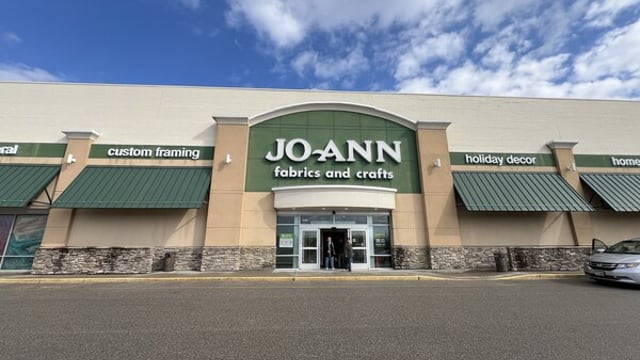-
- 3/14/2025
SPECS 2025: The many physical retail uses for AI
Artificial intelligence is emerging as a mainstream tool to support physical retailing operations. - 3/7/2025
How retailers can mitigate the impact of tariffs with AI
Retailers have no control over tariffs but may be able to soften their effect using artificial intelligence.
- 3/14/2025
-
- 3/14/2025
Retail Under Fire: How to survive incoming tariffs
For decades, U.S. retailers have been no stranger to trade volatility. - 3/4/2025
Knocking down the silos to make seamless omnichannel possible
Successful omnichannel execution requires more than just offering multiple points of sale.
- 3/14/2025





















